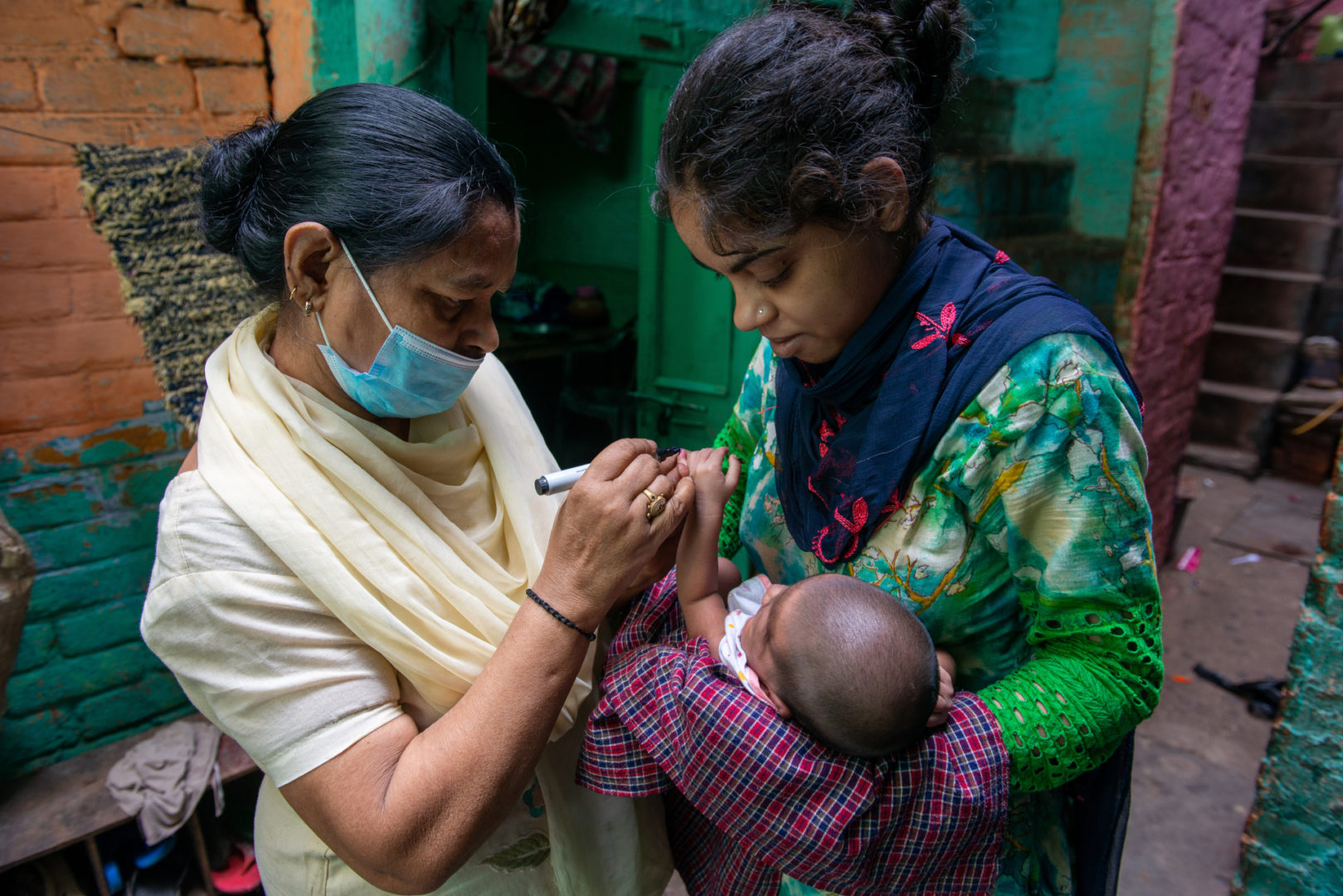
Banaani Deka
Gender justice for quality public health and social services in India
The project will strive to strengthen the capacity of existing unions of Anganwadis (Child Care Providers) and Accredited Social Health Activists (ASHAs) in India to increase capacity to organise and campaign for recognition as permanent public employees.
The Anganwadi workers and ASHAs, who are at the bottom end of the service provision chain, are overburdened, highly underpaid and not receiving updated training. Drastic reductions have occured in budget allocation for both schemes and the majority of the Anganwadi centers don't have their own building or toilets. One third of them don't have drinking water facilities.

The project will strive to strengthen the capacity of existing unions of ASHAs and Anganwadis through creating or strengthening state level platforms, creating social alliances and building the capacity of rank and file members of the unions and their leaders to implement an effective campaign for recognition as permanent public employees.
The Anganwadis and ASHAs workers, who are all women, will directly benefit from the project. The other honorary workers in India will indirectly benefit from the project by the improvement of their working conditions.
Updates
-
Tags (10)
- Tamil Nadu Government Officials Union
- Community Health Work is Work!
- Gender Equality and Equity
- South Asia
- Asia & Pacific
- PSI
- Nagpur Municipal Corporation Employees Union
- Mumbai Mahanagarpalika Karmachari Mahasangh Municipal Unions’ Trust
- Indian National Municipal and Local Bodies Workers Federation
- India
Feminist labour organising: Community Health Workers in India Achieve Historic Victories
This International Women's Day, we celebrate the women who turned "volunteer" exploitation into worker power through feminist organising and collective action to secure maternity leave and wages.

Article written by Dipa Sinha for ROAR magazine
India’s community health workers’ struggle for recognition
India’s ASHA and anganwadi workers are rallying under the slogan “Community health work is work!” to demand fair pay and treatment for the essential services they provide.
https://roarmag.org/essays/india-community-health-worker-struggle/